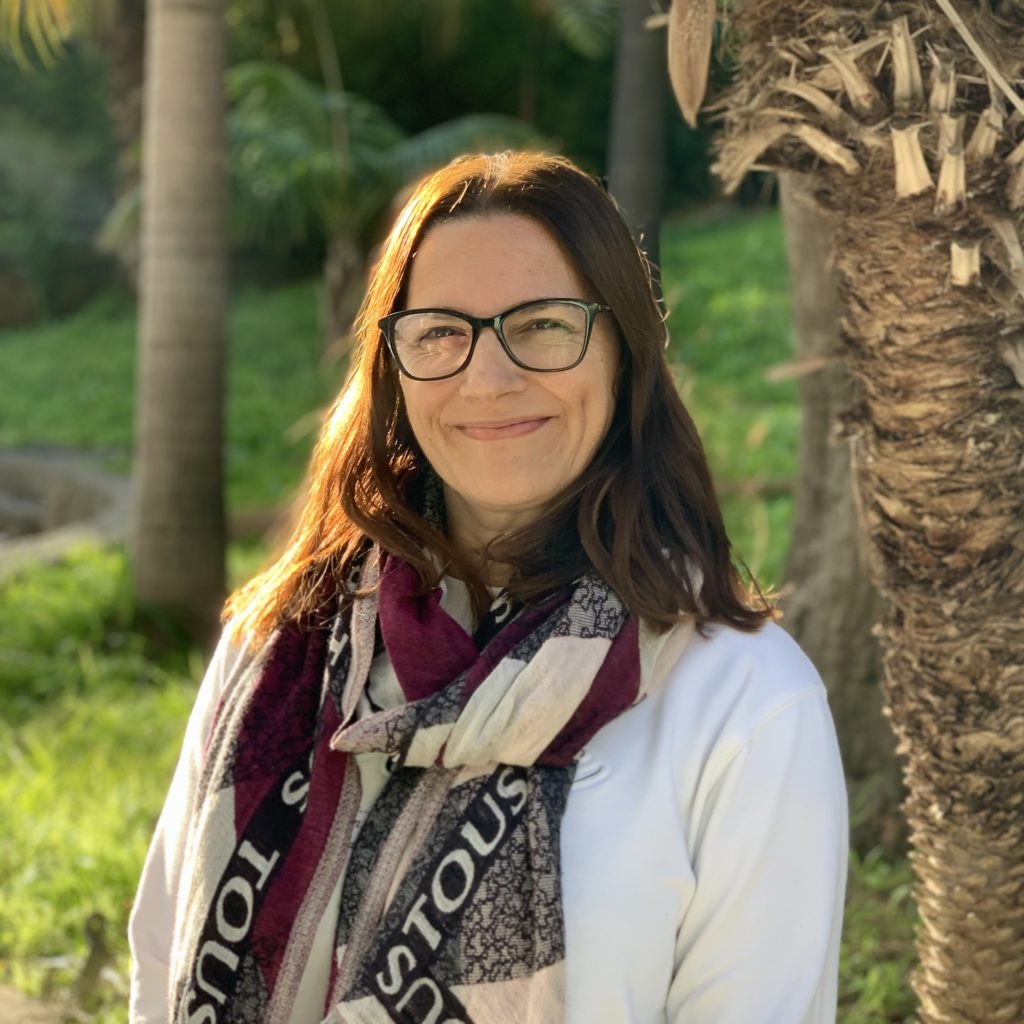Ecosystem services & blue economy

The ocean and its various stakeholders are usually studied and addressed in isolation. But how all these seafarers and assets interact is vital to consider when asking questions of conservation, enterprise and public policy. How can biodiversity aid coastal defenses? What nature-based solutions can we gain from the ocean? What roles do marine ecosystems play in combating climate change? The Ecosystem Services & Blue Economy team was created to join up the dots and help inform win-win solutions for all ocean stakeholders.
Tourism, coastal development, trade, transport, fishing, pollution… Many human activities place pressures on marine and coastal ecosystems. These pressures can reduce biodiversity and the many benefits that these ecosystems provide. As such, we need to look broadly at the ocean’s ecology, consider the many different stakeholders who use it and find ways to sustainably explore it.



The Madeira archipelago lies in an important oceanic area. This area is also very busy in terms of traffic and marine activities. The mission of the Ecosystem Services & Blue Economy research group is to contribute to a decision-making system with and for the ocean’s various stakeholders, allowing them to make well-informed choices concerning their many activities in this area of the Atlantic.
Our research
Research is essential for understanding the complex interactions between human activities and marine ecosystems. It provides the knowledge and tools necessary to make informed decisions, promote sustainable practices, and ensure the long-term viability of the blue economy while preserving the valuable services provided by ecosystems. The key research areas of the group include:
- Assessing and quantifying the various ecosystem services provided by marine and coastal ecosystems.
- Investigating methods to assign economic values to ecosystem services.
- Developing sustainable practices and innovative technologies for fisheries, aquaculture, biotechnology and other blue economy activities, considering the ecological, economic, and social aspects.
- Developing effective strategies for managing coastal zones to balance economic development with the preservation of ecosystem services.
- Investigating adaptation strategies to minimize the risks and maximize the resilience of coastal communities and economies regarding climate change.
- Studying governance frameworks, policy instruments, and institutional arrangements to support the sustainable development of the blue economy and the effective management of ecosystem services.
Recent publications
Fernández-Palacios, Y., Kaushik, S., Abramic, A., Cordero-Penin, V., García-Mendoza, A., Bilbao-Sieyro, A., Péres-González, Y., Sepúlveda, P., Lopes, I., Andrade, C., Nogueira, N., Carreira, G., Magalhães, M., Haroun, R. (2023). Status and perspectives of blue economy sectors across the Macaronesian archipelagos. Journal of Coastal Conservation 27, 39 (2023). https://doi.org/10.1007/s11852-023-00961-z
Martins, M.; Pombo, A.; Mendes, S.; Andrade, C.A.P. (2024). Plastics at an Offshore Fish Farm on the South Coast of Madeira Island (Portugal): A Preliminary Evaluation of Their Origin, Type, and Impact on Farmed Fish. Environments 11, 202. https://doi.org/10.3390/environments11090202
Javidpour, J., Schwarz, R., Gueroun, S.K.M., Andrade, C.A.P., Canning-Clode, J. (2024). Innovative aquaculture cage “Flow2Vortex” ensures a sustainable biomass delivery for low trophic level aquaculture, Aquacultural Engineering 104, 102390, ISSN 0144-8609, https://doi.org/10.1016/j.aquaeng.2024.102390.
Luís, R.; José, R.; Castro, J.; Andrade, C. (2023). A Preliminary Assessment of Microalgal Diets for Echinopluteus Larvae Culture of the Sea Urchin Sphaerechinus granularis (Lamarck, 1816) (Echinoidea: Toxopneustidae). Journal of Marine Science and Engineering, 11, 1870. https://doi.org/10.3390/jmse11101870
Castejón, D., García, L., Nogueira, N., & Andrade, C. A. P. (2023). Improving efficiency of methods for hatchery production of the limpet Patella candei (Patellogastropoda: Patellidae). Journal of the World Aquaculture Society 54, 4, 945–964. https://doi.org/10.1111/jwas.12938
De Girolamo, M., G. Courtois de Viçose, C. Andrade & E. Isidro (Eds.) 2024. Production of marine invertebrates at early stages – Manual for best practices. Arquipelago. Life and Marine Sciences. Supplement 14. 62pp. Supplement 14 is available online at:okeanos.uac.pt/arquipelago
Mafambissa, M.J.; Gimo, C.A.; Andrade, C.P.; Macia, A.A. (2023). Catch per Unit Effort, Density and Size Distribution of the Oysters Pinctada capensis and Saccostrea cucullata (Class Bivalvea) on Inhaca Island, Southern Mozambique. Life 13, 83. https://doi.org/ 10.3390/life13010083
Mafambissa, M.; Rodrigues, M.; Taimo, T.; Andrade, C.; Lindegart, M.; Macia, A. (2023). Gametogenic Cycle of the Oysters Pinctada capensis (Sowerby III, 1890) and Saccostrea cucullata (Born, 1778) (Class Bivalvia) in Inhaca Island, Southern Mozambique: A Subsidy for Bivalve Culture in the Region. Diversity 15, 361. https://doi.org/10.3390/d15030361
Parretti, P., Monteiro, J. G., Gizzi, F., Martínez-Escauriaza, R., Alves, F., Chebaane, S., Almeida, S., Pessanha Pais, M., Almada, F., Fernandez, M., Nogueira, N., Andrade, C., & Canning-Clode, J. (2023). Citizen Science and Expert Judgement: A Cost-Efficient Combination to Monitor and Assess the Invasiveness of Non-Indigenous Fish Escapees. Journal of Marine Science and Engineering 11, 438. https://doi.org/10.3390/jmse11020438
Oliveira B. et al., 2024. A Multi-dimensional Approach to Improve Validation Practices for Qualitative Models of Marine Social-Ecological Systems. Current Research in Environmental Sustainability, in Press.
Parretti, P., Canning-Clode, J., Ferrario, Marchini, A., Botelho, A.Z., Ramalhosa, P., Costa. A.C. (2020). Free rides to diving sites: the risk of marine non-indigenous species dispersal. Ocean & Coastal Management 190. https://doi.org/10.1016/j.ocecoaman.2020.105158.
Parretti, P. Canning-Clode, J., Mendes, A.B., Costa, A.C. (2020) Who, why and how: stakeholder attitudes toward marine non-indigenous species management in Portuguese Atlantic Islands. https://doi.org/10.1016/j.ocecoaman.2019.105069
Leadership
News

Welectric
Marine SABRES Project promotes restoration of ecosystems
30 Jan 2023
The Marine SABRES project (Systems Approaches for Biodiversity Resilience and Ecosystem Sustainability) brings together participants from governmental, political, management or scientific entities for ecosystem restoration and biodiversity conservation, while also contributing to societal well-being and the blue economy…
Photo credits: Madeira coast by Diane Esson; Perola de Santa Cruz by João Monteiro; Monk seal by Cláudio Martins; Dolphin watching by Filipe Alves

